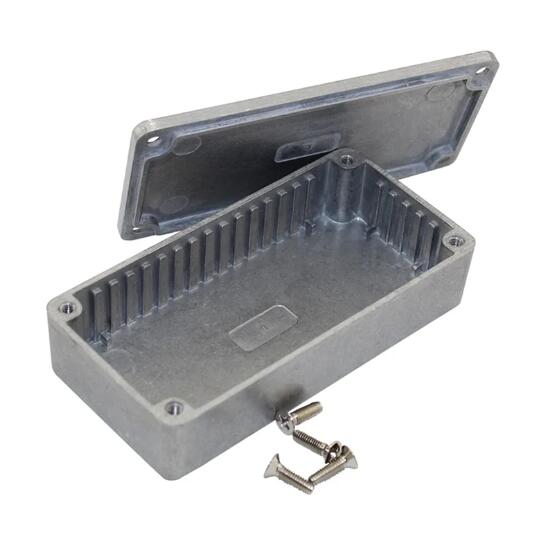Achieving Precision: Typical Tolerances in CNC Machining of Aluminum Blocks for Electrical Accessories
2024-04-28
In the realm of manufacturing electrical accessories, precision is paramount. From connectors to housings, every component must meet strict tolerances to ensure seamless functionality and compatibility within electrical systems. CNC (Computer Numerical Control) machining has emerged as a leading method for producing aluminum block electrical accessories with precise dimensions and features. Let's delve into the typical tolerances achieved in CNC machining of aluminum blocks for these critical components.
What are Tolerances?
Tolerances refer to the allowable variation in dimensions or specifications of a machined part. In CNC machining, tolerances are specified as deviations from the desired dimensions and are crucial for ensuring that parts fit together correctly and function as intended.
Understanding CNC Machining Tolerances
CNC machining offers unparalleled precision and control, allowing manufacturers to achieve tight tolerances consistently. The typical tolerances achieved in CNC machining of aluminum blocks for electrical accessories depend on various factors, including the complexity of the part, the capabilities of the CNC machine, and the quality of the tooling. Here are some typical tolerances you can expect:
1. Dimensional Tolerances
- Linear Tolerances: CNC machining can achieve linear tolerances ranging from ±0.005 to ±0.001 inches for most features on aluminum block electrical accessories.
- Hole Tolerances: Holes can typically be machined with diametrical tolerances within ±0.002 to ±0.001 inches, depending on the diameter and depth.
- Surface Finish: Surface finishes can range from 32 to 125 microinches (Ra), depending on the machining process and tooling used.
2. Geometric Tolerances
- Flatness: Flatness tolerances for machined surfaces can range from ±0.005 to ±0.001 inches per inch, ensuring that mating surfaces are perfectly aligned.
- Parallelism: Parallelism tolerances can be maintained within ±0.005 to ±0.001 inches, ensuring that features such as mounting surfaces are parallel to each other.
- Perpendicularity: Perpendicularity tolerances ensure that holes, bores, and features are machined at right angles to each other, typically within ±0.002 to ±0.001 inches.
3. Positional Tolerances
- Positional Tolerances: CNC machining can achieve positional tolerances within ±0.005 to ±0.001 inches for features that require precise alignment or location.
Factors Influencing Tolerances
Several factors influence the achievable tolerances in CNC machining of aluminum blocks for electrical accessories:
- Machine Capability: High-precision CNC machines equipped with advanced features such as rigid construction, linear guides, and precision spindles can achieve tighter tolerances.
- Tooling Quality: The quality and condition of cutting tools, including end mills, drills, and reamers, directly impact the achievable tolerances.
- Material Properties: The machinability of aluminum and its alloys play a role in determining achievable tolerances, with softer alloys typically allowing for tighter tolerances.
- Environmental Factors: Factors such as temperature, humidity, and vibration can affect machining accuracy and may need to be controlled for tight tolerance work.
Importance of Tolerances in Electrical Accessories
In the realm of electrical accessories, tight tolerances are crucial for several reasons:
- Interchangeability: Components with consistent dimensions ensure interchangeability and compatibility between different systems and manufacturers.
- Reliability: Tight tolerances help maintain the integrity and reliability of electrical connections, preventing issues such as short circuits or loose connections.
- Performance: Precisely machined components contribute to optimal performance, efficiency, and longevity of electrical systems.
Conclusion
CNC machining of aluminum blocks for electrical accessories offers unmatched precision, allowing manufacturers to meet stringent tolerances consistently. By understanding the typical tolerances achievable and the factors influencing them, manufacturers can ensure that their components meet the exacting standards required for modern electrical systems. As technology continues to advance, CNC machining will continue to push the boundaries of precision, driving innovation and reliability in the electrical industry.



